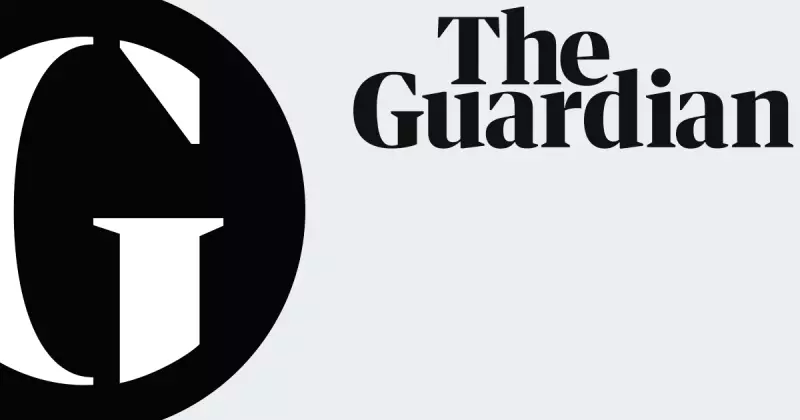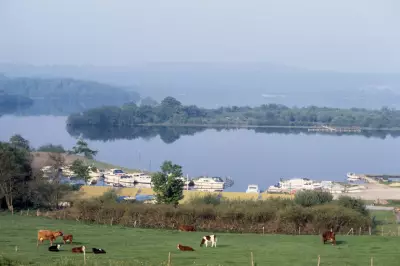
A heart-wrenching marine drama unfolded off the popular tourist beaches of Queensland's Gold Coast this week, as a humpback whale calf and its mother found themselves ensnared in a controversial shark net.
The distressed pair were discovered entangled near Coolangatta, a sight that prompted immediate action from marine authorities. The calf, particularly vulnerable, was caught in the mesh designed to protect swimmers from sharks—a tragic irony that has ignited fierce debate among conservationists.
Urgent rescue efforts were launched by the Department of Fisheries, with specialists working tirelessly to free the marine giants. Humpback whales are currently migrating along Australia's eastern coastline, making such encounters with coastal infrastructure increasingly common.
This incident highlights the ongoing conflict between beach safety measures and marine conservation. Shark nets, deployed across Queensland's beaches, have long been criticised by environmental groups for their indiscriminate nature, often catching non-target species including dolphins, turtles, and protected whale species.
Marine experts emphasise that such entanglements can cause severe stress, injury, and even death to these magnificent creatures. The image of a whale calf struggling against human-made equipment serves as a powerful reminder of the impact our safety measures have on marine ecosystems.
As the migration season continues, many are calling for alternative, non-lethal shark protection methods that don't endanger other marine life. The Queensland government faces increasing pressure to reconsider its shark control program amidst growing environmental concerns.





